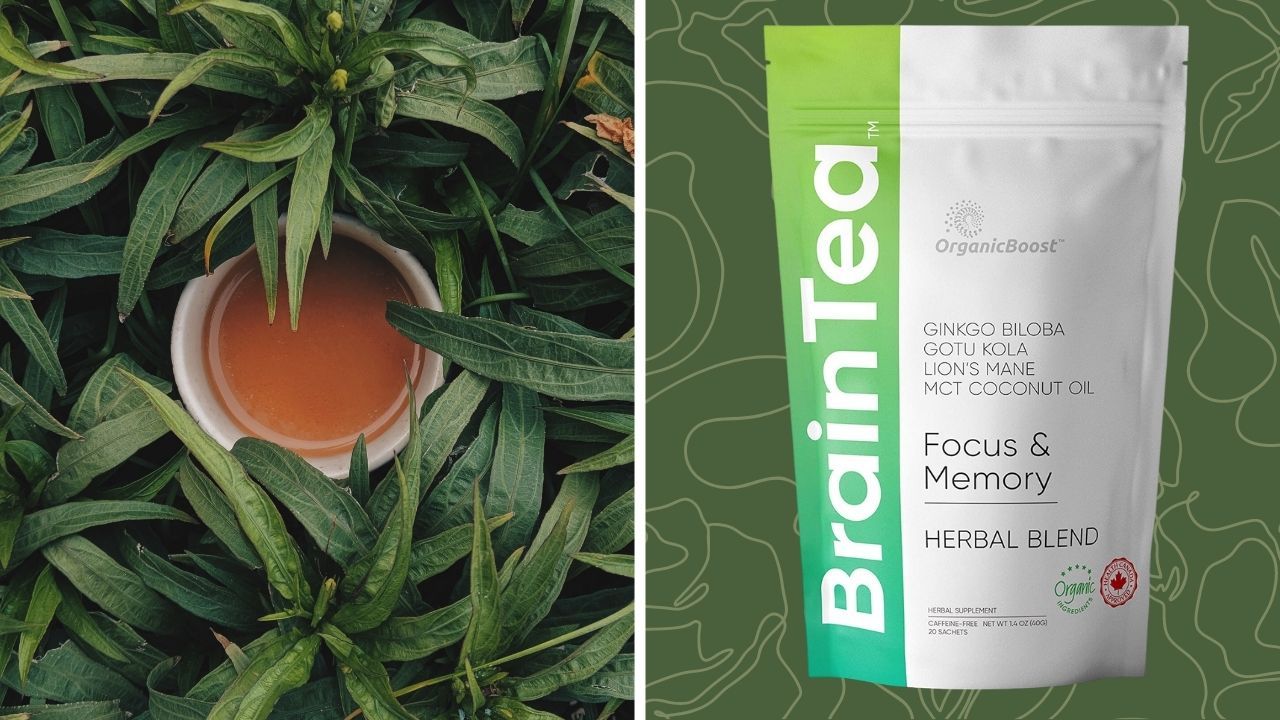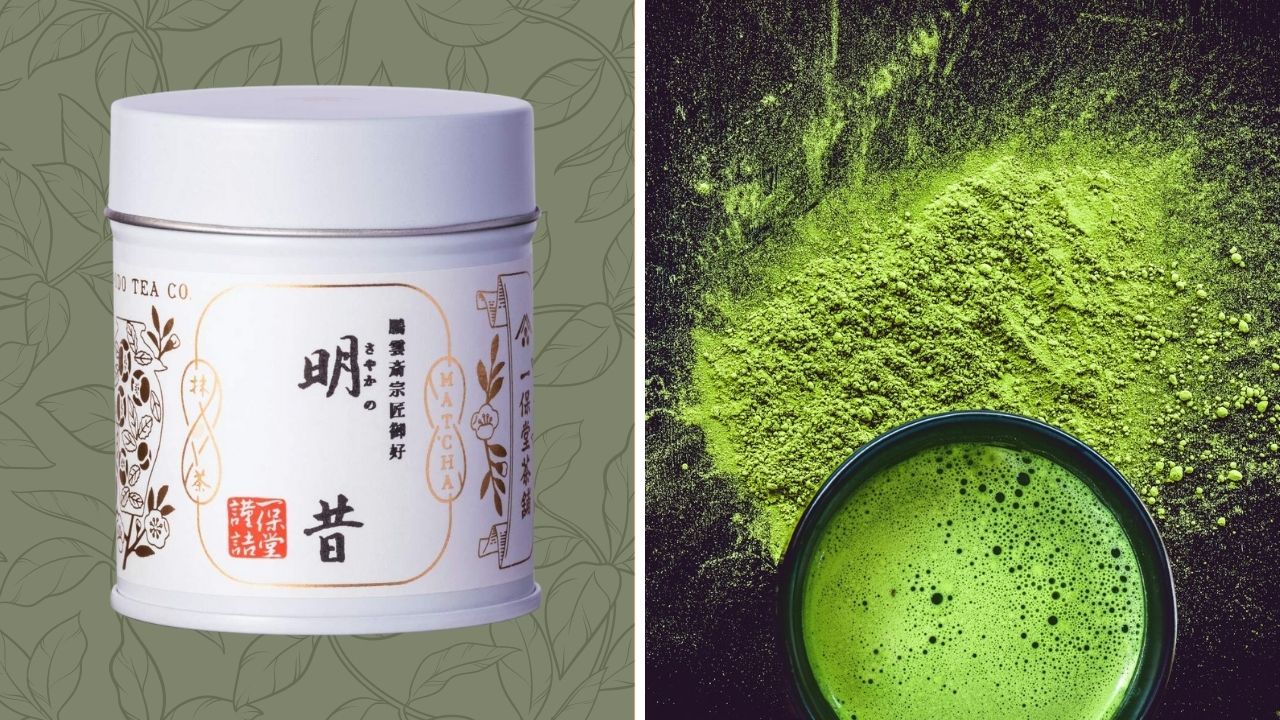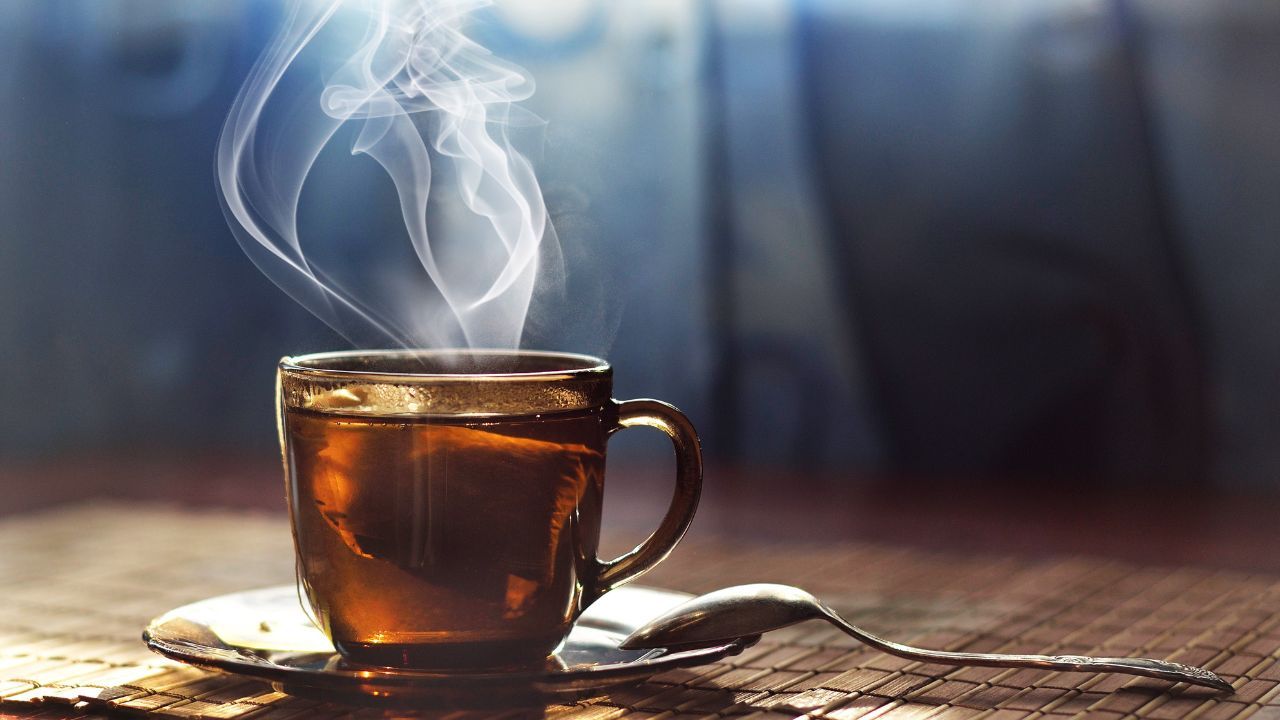
What Tea Gives You Energy? The Best Energy-Boosting Teas!
Ever wondered what tea gives you energy? Dive into our article for the best energy-boosting teas and their benefits.
You're probably here because you've asked yourself, "What tea gives me energy?"
Well, you're in for a treat! Today, we are going to delve into the world of teas and discover which ones can give you that much-needed energy boost.
Tea, a beverage loved worldwide, isn't just about the soothing aroma and flavor. It's also about the subtle energy lift that can help you get through a long day or kickstart your morning.
The importance of energy-boosting teas cannot be overstated, especially in today's fast-paced life where every ounce of energy counts. So, let's get started on this journey of discovering energy through a cup of tea!
Understanding Tea and Energy
Before we get into specifics, let's first understand how tea can provide energy.
Unlike other popular drinks like energy drinks or coffee, the energy from tea comes in a more controlled and steady manner. This means no sudden jolts of alertness followed by an equally sudden crash. Instead, it's a smooth sail that keeps you active and alert for longer periods.
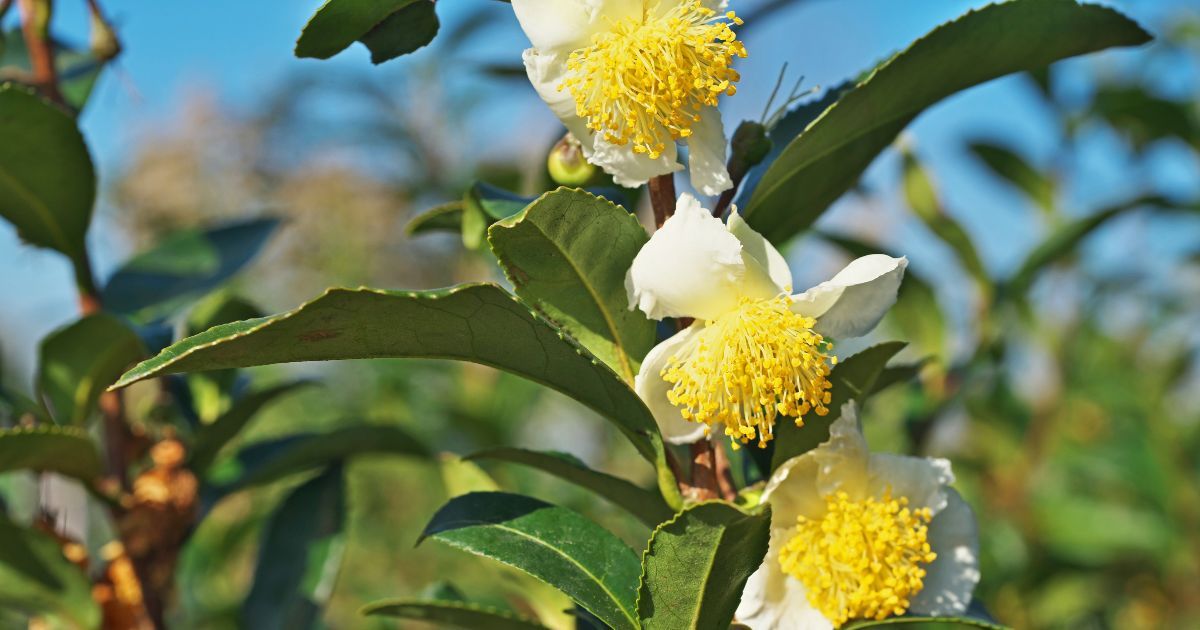
When we talk about tea, we're referring to infusions made from the leaves of a specific plant:
- Camellia Sinensis (cam-MEE-lee-ah sin-EN-sis). This evergreen shrub native to East Asia is the source of many popular types of tea, including green, black, white, and oolong.
Caffeine: The Natural Stimulant
Tea plants contain about 5-6% of caffeine, a natural stimulant known for its ability to reduce fatigue and improve focus. However, the caffeine content in tea can vary greatly depending on factors like the type of tea, the age of the tea leaves, and the brewing method.
L-Theanine: The Balancing Act
L-Theanine is an amino acid found almost exclusively in the tea plant. It's known for its ability to promote relaxation without causing drowsiness.
This unique combination is part of what sets tea apart from other caffeinated beverages.
Antioxidants: The Health Boosters
Tea is also rich in antioxidants, particularly catechins. These powerful compounds help to protect your cells from damage and have been linked to improved heart health.
So, next time you sip on your favorite brew, remember that it's not just about the taste. You're also reaping the benefits of the incredible Camellia Sinensis plant, a source of energy, relaxation, and health!
The Science Behind Tea and Energy
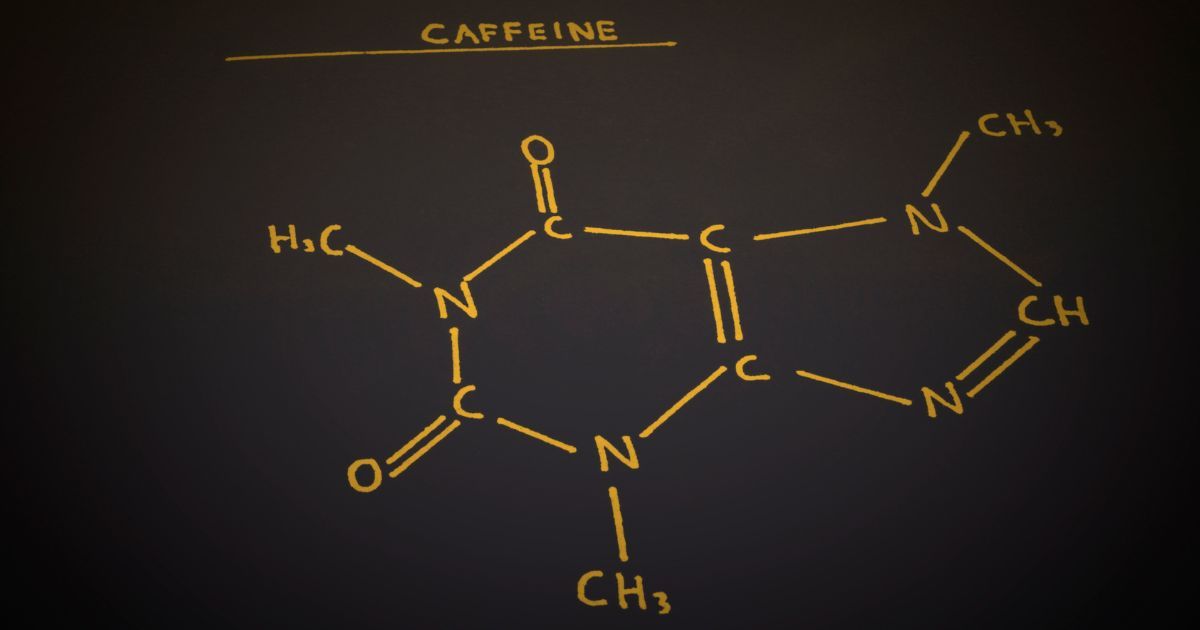
Now, let's take a look at the science behind it all. How does caffeine in tea work? And what role does L-theanine play?
Caffeine works by stimulating the central nervous system, making you feel more alert and focused.
- It blocks a neurotransmitter called adenosine, which is responsible for signaling the brain that it's time to rest or sleep.
- When adenosine is blocked, other neurotransmitters like dopamine and glutamate increase, leading to increased arousal, mood, and focus.
On the other hand, L-theanine promotes relaxation without causing drowsiness.
- It boosts levels of certain brain waves associated with creativity and alertness.
- Moreover, L-theanine moderates the effects of caffeine, such as anxiety and high blood pressure. This means you get all the benefits of caffeine without its potential downsides.
In essence, when you drink tea, you're not just getting a pick-me-up. You're also promoting a state of relaxed alertness, thanks to the magic duo of caffeine and L-theanine.
So the next time you sip your favorite brew, remember - there's a lot more going on in that cup than meets the eye!
Top Teas That Boost Energy
Let's dive into the world of energizing teas. We'll explore five types of tea that are known not just for their rich flavors, but also for their ability to provide a natural energy boost.
Green Tea
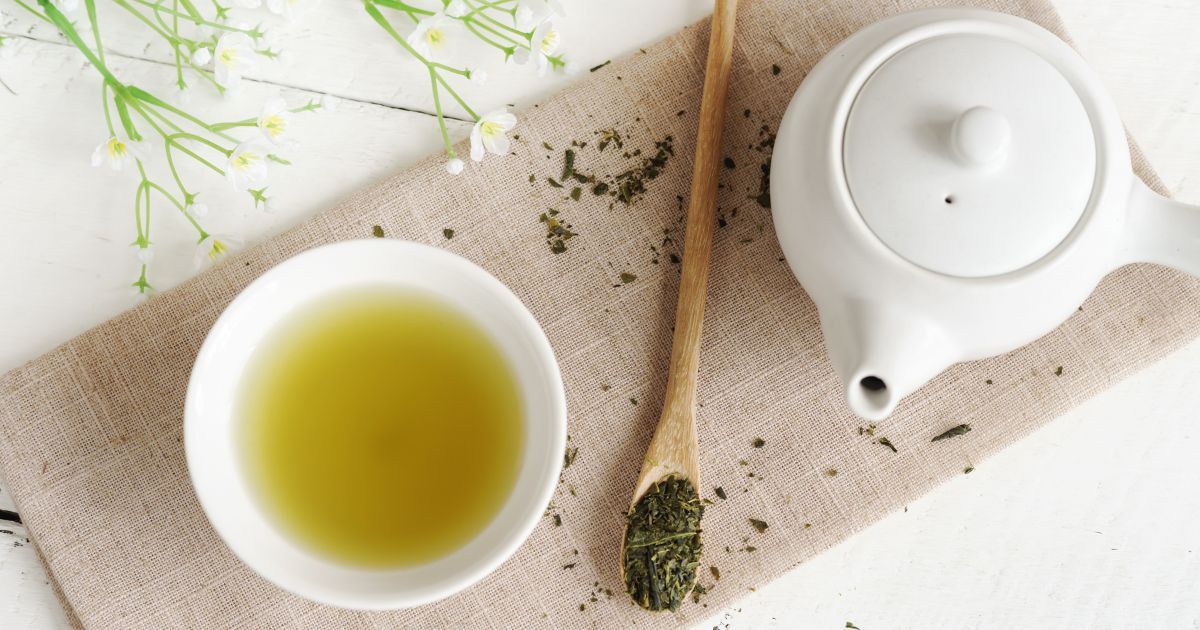
Green Tea is one of the most popular teas worldwide. It's light, refreshing, and packed with antioxidants. The caffeine content in green tea can vary between 30-50 mg per cup, offering a moderate energy boost without the jitters associated with stronger caffeinated drinks. Plus, the presence of L-theanine balances the effects of caffeine, promoting a calm, focused state of mind.
Black Tea
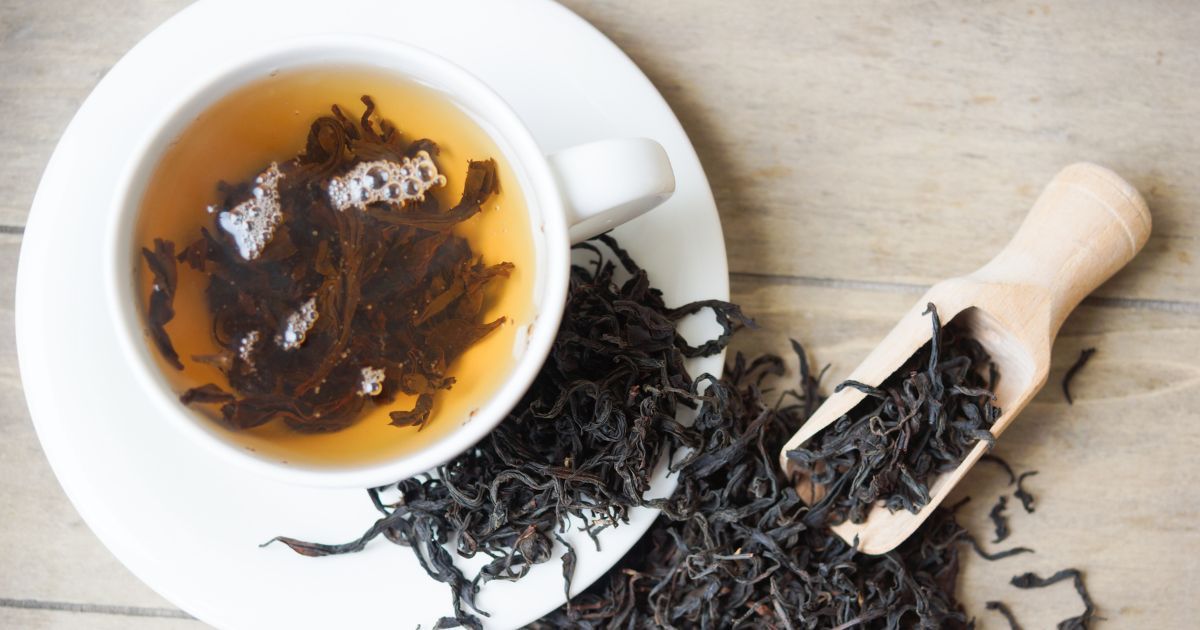
Black tea, fully fermented and robust, typically contains slightly more caffeine than green tea, around 40-70 mg per cup. This makes it a great choice for those mornings when you need a little extra kickstart. Black tea is also rich in polyphenols, compounds that have been associated with improved heart health.
Yerba Mate
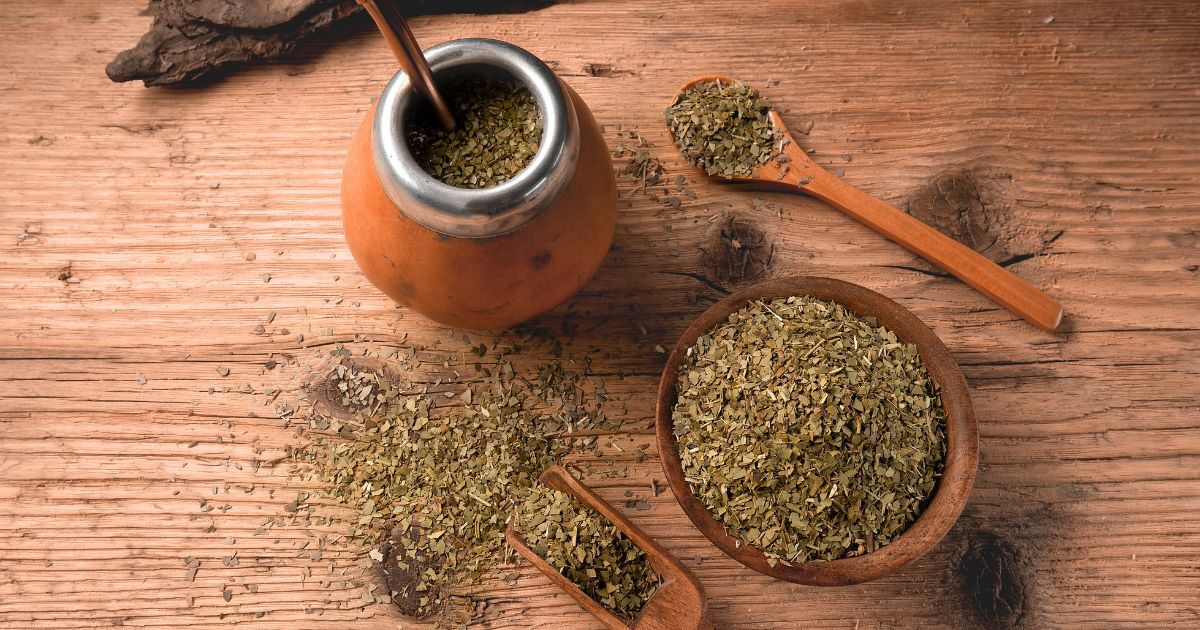
Yerba Mate is a traditional South American drink made from the leaves of the Ilex paraguariensis plant. It contains a beautiful blend of xanthines (including caffeine), polyphenols, and saponins. With a unique earthy flavor, Yerba Mate provides a well-rounded energy boost that improves both physical and mental fatigue.
Oolong Tea
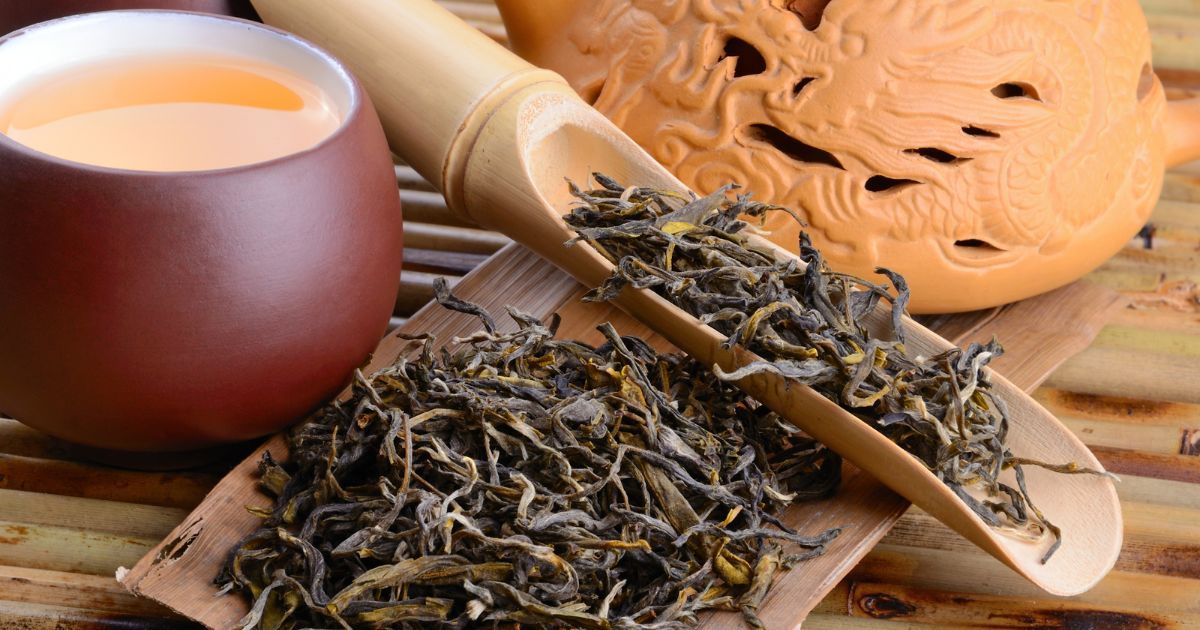
Oolong tea, a semi-fermented tea, sits somewhere between green and black tea in terms of flavor and caffeine content. It offers a smooth, floral taste and contains about 30-50 mg of caffeine per cup. Oolong tea is also known for its weight management properties, making it a double win!
Matcha
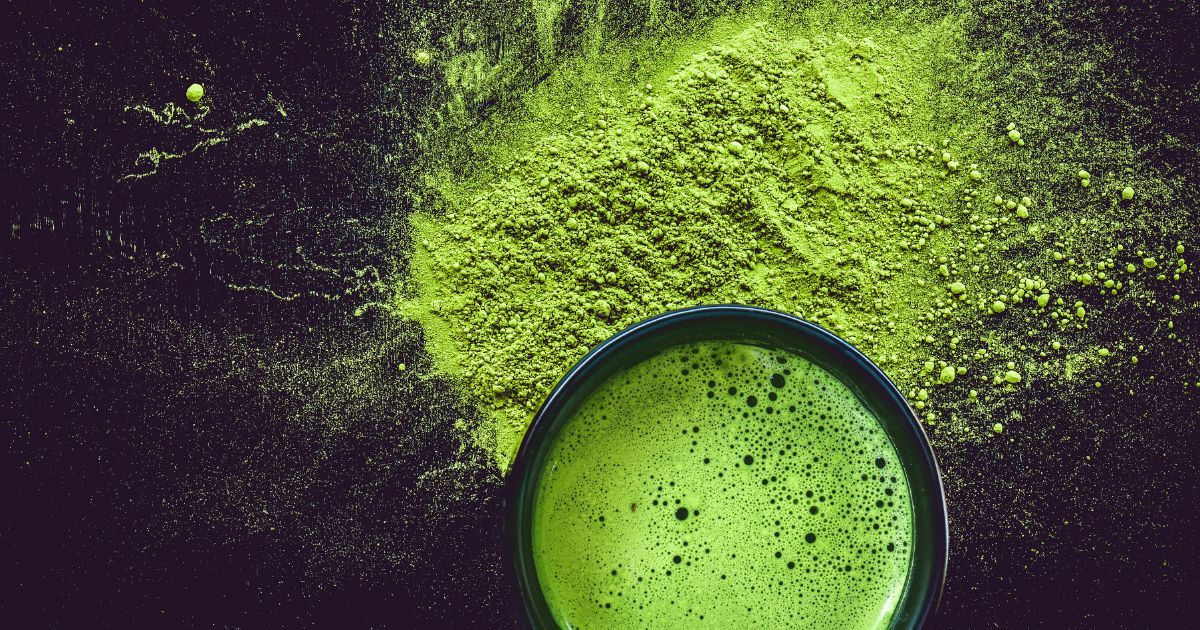
Matcha is a type of powdered green tea that's gaining popularity for its vibrant color and health benefits. A regular cup of matcha contains around 70 mg of caffeine. But what sets matcha apart is its high concentration of L-theanine, which promotes relaxation and helps balance the energizing effects of caffeine.
| Tea Type | Average Caffeine Content Per Cup |
|---|---|
| Green Tea | 30-50 mg |
| Black Tea | 40-70 mg |
| Yerba Mate | 70-90 mg |
| Oolong Tea | 30-50 mg |
| Matcha Tea | 70 mg |
Remember, the actual caffeine content can vary based on factors like brewing time, temperature, and the amount of tea used.
How to Brew Your Energy-Boosting Tea
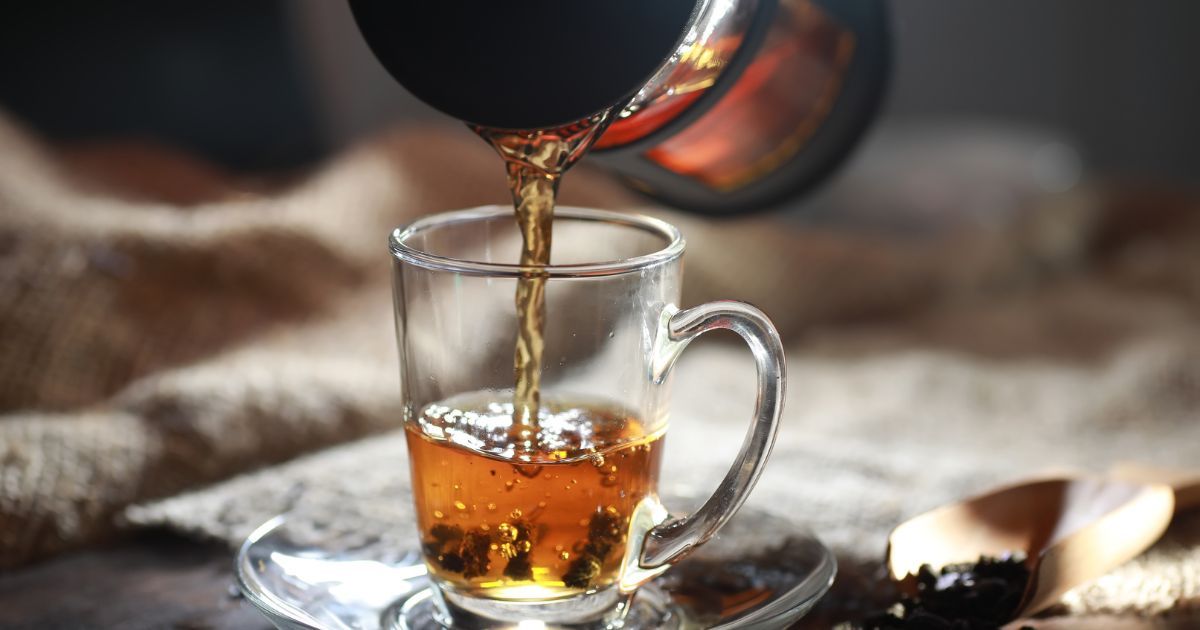
Now, let's get to the fun part - brewing your tea! Here are some general steps to follow:
- Heat Your Water: Different teas require different water temperatures for optimal extraction. For green and white teas, aim for a temperature of 160-175°F. For black and oolong teas, a temperature of 190-200°F works best. And for herbal teas like yerba mate, use boiling water.
- Measure Your Tea: A general rule of thumb is to use 1 teaspoon of tea leaves for every 8 oz of water.
- Steep Your Tea: Again, steeping times will vary. Green and white teas usually require 1-3 minutes, black and oolong teas around 3-5 minutes, and herbal teas up to 5-10 minutes.
Remember, these are just guidelines. Feel free to experiment and adjust based on your personal taste preferences.
Precautions and Considerations
While tea offers numerous health benefits, it's essential to understand that moderation is key.
Overconsumption of caffeinated teas can lead to side effects like restlessness, insomnia, or an upset stomach. If you're new to tea, start with a smaller amount and see how your body reacts.
Certain groups of people should limit their caffeine intake, including pregnant women, people with heart conditions, and those sensitive to caffeine. Always consult with your healthcare provider if you have any concerns.
Remember, each person is unique, and what works for one might not work for another. Listen to your body and adjust your tea consumption accordingly.
Frequently Asked Questions
How much tea can I drink in a day?
Most experts agree that drinking three to four cups of tea per day is a safe amount for most healthy adults. However, individual tolerance to caffeine varies, so it's important to listen to your body.
Can I drink tea on an empty stomach?
While some people can tolerate tea on an empty stomach, others may experience discomfort or nausea. If you're new to tea, it might be best to have it with a meal or snack.
Can tea replace my morning coffee?
Absolutely! Many people find the gentler, more sustained energy boost from tea preferable to the sometimes jarring effect of coffee. Plus, with so many varieties of tea, there's bound to be one that suits your taste.
Is green tea good for energy?
Yes, green tea is indeed beneficial for energy. It contains caffeine for a mild energy boost and an amino acid called L-theanine which promotes a state of relaxed alertness. These two work together to provide a balanced energy uplift without the jitters often associated with high-caffeine drinks.
Does tea give you energy like coffee?
Yes, tea can provide energy similar to coffee due to its caffeine content. However, the presence of an amino acid called L-theanine in tea results in a smoother, more sustained energy boost, often without the jittery side effects associated with coffee.
What are the benefits of drinking green tea?
Green tea is rich in health-promoting compounds and offers numerous benefits including improved heart and mental health, protection against diseases like Alzheimer's and Parkinson's, and aids in weight management. It also has beneficial effects on metabolism and reduces the risk of diabetes, heart disease, and cancer.
Bottom Line
Well, there you have it - an energizing tour of the world of teas!
We've explored how tea can provide energy, the science behind it, and some of the top energy-boosting teas - Green Tea, Black Tea, Yerba Mate, Oolong Tea, and Matcha. We've also compared their caffeine content and learned how to brew them for optimal flavor and potency.
So, why not switch up your regular cup of joe with these teas? Not only will you enjoy their distinct flavors, but you'll also benefit from a smooth, sustained energy boost. Go ahead and start your journey with these energy-boosting teas!
Recommended For You...
